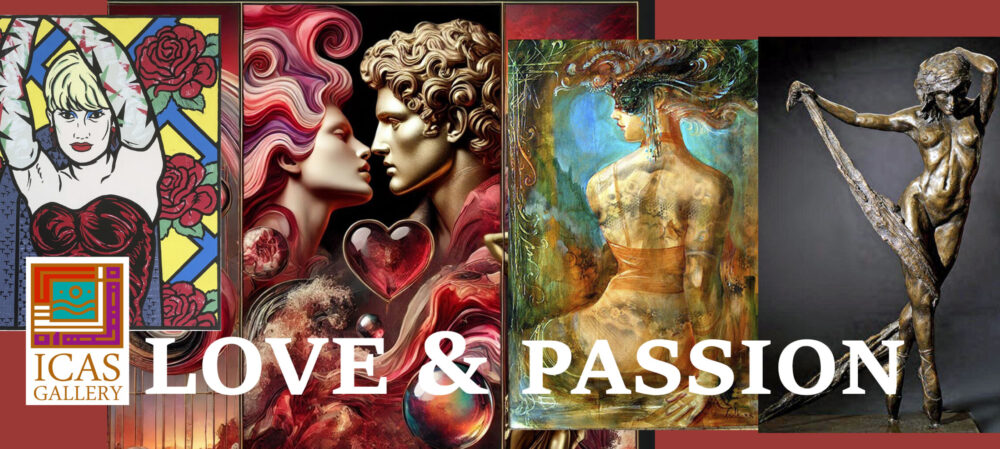Introduction
The question of why individuals pursue careers as artists is multifaceted and invites diverse perspectives. This debate explores the motivations behind an artistic path, considering personal passion, societal influence, economic considerations, and the innate drive to create. Participants will argue from different viewpoints to uncover the complex reasons behind becoming an artist.
Position 1: Innate Passion and Talent
Argument: Many become artists because of an innate passion and talent for creative expression. Some people naturally gravitate towards drawing, painting, or other art forms from a young age. This inherent ability, combined with a deep-seated love for creating, drives them to pursue art as a career.
Supporting Points:
- Personal satisfaction and fulfilment in creating art.
- The joy and emotional release are found in artistic expression.
- Encouragement and recognition of talent from an early age.
Counterpoints:
- Passion alone does not guarantee success or sustainability in an artistic career.
- Not all individuals with artistic talent choose to become professional artists.
Position 2: Societal and Cultural Influence
Argument: Societal and cultural factors play a significant role in why individuals become artists. Exposure to art in one’s environment, family influence, and cultural heritage can inspire people to follow an artistic path. Additionally, societal recognition and appreciation of art can motivate individuals to pursue it professionally.
Supporting Points:
- Influence of family members or mentors who are artists.
- Cultural traditions and heritage that value artistic expression.
- Societal appreciation and validation of artists and their work.
Counterpoints:
- Societal influence can discourage individuals from pursuing art due to stereotypes about the “starving artist.”
- Cultural and societal support varies greatly, impacting access and opportunities.
Position 3: Economic and Professional Opportunities
Argument: Economic and professional considerations can also influence the decision to become an artist. Some individuals see art as a viable career path with opportunities for financial success and professional recognition, particularly in digital art, design, and entertainment.
Supporting Points:
- Potential for lucrative careers in commercial art, design, and multimedia.
- Growth of the art market and increasing demand for unique artistic works.
- Opportunities for entrepreneurship and self-employment in the art world.
Counterpoints:
- The art market is highly competitive, and not all artists achieve financial stability.
- Economic motivations may compromise artistic integrity and creative freedom.
Position 4: Psychological and Emotional Drive
Argument: Psychological and emotional factors are crucial in understanding why individuals become artists. The need for self-expression, coping with emotions, and making sense of the world are powerful motivators. For some, art is a therapeutic outlet that provides mental and emotional balance.
Supporting Points:
- Art as a form of therapy and emotional release.
- The desire to communicate and share personal experiences and perspectives.
- Artistic creation is a way to process and make sense of complex emotions and thoughts.
Counterpoints:
- Not all individuals use art as a primary means of emotional expression.
- Psychological motivations vary widely and may not always lead to a professional artistic career.
Conclusion
The reasons why individuals become artists are diverse and multifaceted, encompassing innate passion, societal influence, economic opportunities, and psychological needs. Each perspective offers valuable insights into the motivations behind pursuing an artistic career.
Your stories and insights are invaluable in helping others understand the diverse motivations behind becoming an artist. We encourage you to share your experiences or thoughts on social media or our discussion forum. Your contribution will enrich the discussion and inspire and support others on their artistic journey. Thank you for participating!



